To solve the AC compressor kicking on and off, check refrigerant levels, clean condenser coils, replace the air filter, ensure proper airflow, and inspect for electrical issues. If the problem persists, consult the HVAC technician.
If you’ve ever experienced your AC compressor kicking on and off frequently, you know how frustrating it can be. This common issue not only disrupts your comfort but could also signal underlying problems. In this beginner-friendly guide, we’ll delve into practical DIY solutions to tackle the pesky problem of your AC compressor kicking. From simple checks to troubleshooting tips, empower yourself to address this issue head-on and restore cool, consistent comfort to your space.
What Causes the AC Compressor to Kick On and Off?
The AC compressor kicking on and off is a common issue that many homeowners face, especially during the hot summer months when the air conditioning system is working overtime to keep indoor spaces cool and comfortable. This phenomenon can be frustrating, as it can result in uneven cooling, increased energy consumption, and potential damage to the HVAC system if left unaddressed. Understanding the various causes behind the AC compressor kicking on and off is crucial for effectively diagnosing and resolving the issue. Here are eight potential causes to consider:
Thermostat Malfunction:
A malfunctioning thermostat is one of the primary reasons why the AC compressor may cycle on and off frequently. If the thermostat is not accurately detecting the temperature within the home, it may signal the compressor to turn on and off unnecessarily. This constant cycling can lead to increased wear and tear on the compressor and reduced energy efficiency.
Refrigerant Issues:
Low refrigerant levels or refrigerant leaks can also cause the AC compressor to kick on and off. Refrigerant is essential for the cooling process, and when levels are inadequate, the compressor may struggle to maintain consistent cooling, resulting in frequent cycling. Additionally, refrigerant leaks can lead to further complications within the HVAC system if not addressed promptly.
Dirty or Clogged Air Filters:
Dirty or clogged air filters can restrict airflow within the HVAC system, causing the compressor to work harder than necessary to cool the air. This increased strain on the compressor can lead to frequent cycling as it tries to maintain the desired temperature. Regularly replacing or cleaning air filters is essential for optimal HVAC performance and energy efficiency.
Restricted Condenser Unit:
The condenser unit, located outside the home, plays a crucial role in dissipating heat from the refrigerant. If the condenser unit is obstructed by debris such as leaves, dirt, or vegetation, airflow may be restricted, causing the compressor to cycle on and off as it struggles to release heat efficiently. Keeping the condenser unit clean and free of obstructions is essential for proper HVAC operation.
Faulty Capacitor:
The capacitor is responsible for providing the initial electrical charge needed to start the compressor. If the capacitor is faulty or failing, it may struggle to supply the necessary voltage, causing the compressor to intermittently fail to start or to cycle on and off unexpectedly. A professional HVAC technician can test the capacitor and replace it if necessary to restore proper compressor operation.
Overheating:
Overheating can also cause the AC compressor to cycle on and off. This may occur due to a variety of reasons, such as inadequate airflow, dirty or blocked condenser coils, or a malfunctioning fan motor. When the compressor detects high temperatures, it may shut off temporarily to prevent damage, resulting in frequent cycling until the issue is resolved.
Electrical Issues:
Electrical problems within the HVAC system, such as loose wiring, faulty connections, or tripped circuit breakers, can cause the compressor to cycle on and off unexpectedly. These issues can disrupt the electrical supply to the compressor, leading to intermittent operation and potential damage if not addressed promptly by a qualified technician.
System Size Mismatch:
If the AC unit is improperly sized for the space it is intended to cool, it may struggle to maintain consistent temperatures, leading to frequent cycling of the compressor. An oversized unit may cool the space too quickly, causing the compressor to shut off prematurely, while an undersized unit may run continuously without effectively cooling the area. Ensuring that the AC unit is properly sized for the home’s square footage is essential for optimal performance and energy efficiency.
Troubleshooting Steps for AC Compressor Kicking On and Off
When your AC compressor is constantly kicking on and off, it can be frustrating and uncomfortable, especially during the hot summer months. However, understanding the potential causes and implementing troubleshooting steps can help resolve the issue efficiently. Here’s a comprehensive guide to address the problem of AC compressors kicking On and Off.
A. DIY checks and maintenance:
Checking refrigerant levels:
Inadequate refrigerant levels can lead to the AC compressor cycling frequently. Begin by checking the refrigerant levels using a pressure gauge. If levels are low, it indicates a potential leak in the system. However, handling refrigerants requires expertise, so it’s advisable to seek professional assistance to address any leaks and recharge the system appropriately.
Cleaning condenser coils:
Dirty condenser coils can hinder the efficiency of the AC system, causing the compressor to cycle frequently. Start by turning off the power to the unit and removing any debris or vegetation around the outdoor unit. Then, carefully clean the coils using a coil cleaner and a soft brush or fin comb. Ensure the coils are dry before restoring power to the unit.
Inspecting electrical connections:
Loose or damaged electrical connections can disrupt the proper functioning of the AC compressor, leading to frequent cycling. Turn off the power to the unit before inspecting electrical connections. Check for any signs of corrosion, fraying, or loose wires in the electrical components such as the capacitor, contactor, and wiring harness. Tighten any loose connections and replace damaged components as needed.
These DIY maintenance tasks can help address common issues contributing to the frequent cycling of the AC compressor. However, if the problem persists, it may be necessary to seek professional assistance.
B. When to call a professional:
Persistent cycling despite DIY efforts:
If the AC compressor continues to kick on and off frequently despite performing DIY checks and maintenance, it indicates underlying issues that require professional diagnosis and repair. A certified HVAC technician can conduct a thorough inspection to identify the root cause of the problem and implement appropriate solutions.
Signs of electrical or mechanical issues:
Visible signs of electrical or mechanical issues, such as strange noises, burning smells, or visible damage to components, warrant immediate attention from a professional. Attempting to repair complex electrical or mechanical problems without proper training can be dangerous and may cause further damage to the system.
C. Safety concerns:
AC compressors kicking On and Off can sometimes pose safety hazards, particularly if there are issues with electrical components or refrigerant leaks. If you notice any signs of sparking, overheating, or leaking refrigerant, turn off the power to the unit immediately and contact a qualified technician for assistance. Safety should always be a top priority when dealing with HVAC systems.
Conclusion
In conclusion, dealing with an AC compressor kicking on and off can be frustrating, but armed with the right knowledge and DIY solutions, you can address the issue effectively. From checking refrigerant levels to ensuring proper airflow, these troubleshooting steps can often resolve the problem without the need for professional intervention. Remember to regularly maintain your AC system to prevent future occurrences of the compressor kicking on and off. By staying proactive and attentive to your unit’s needs, you can enjoy consistent cooling comfort in your home without disruptions. Don’t let AC compressor kicking halt your comfort; take charge with these practical solutions today.

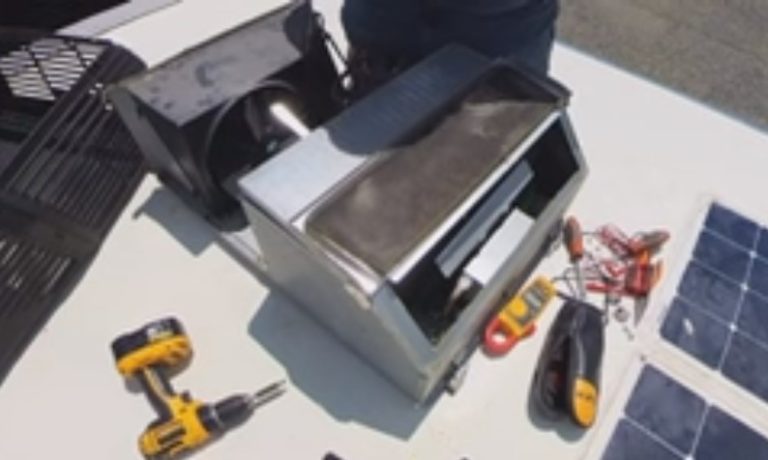
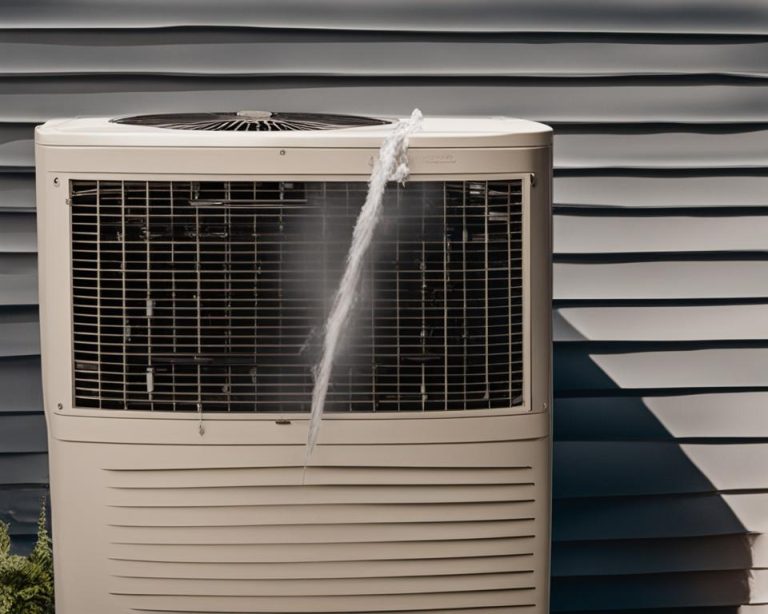
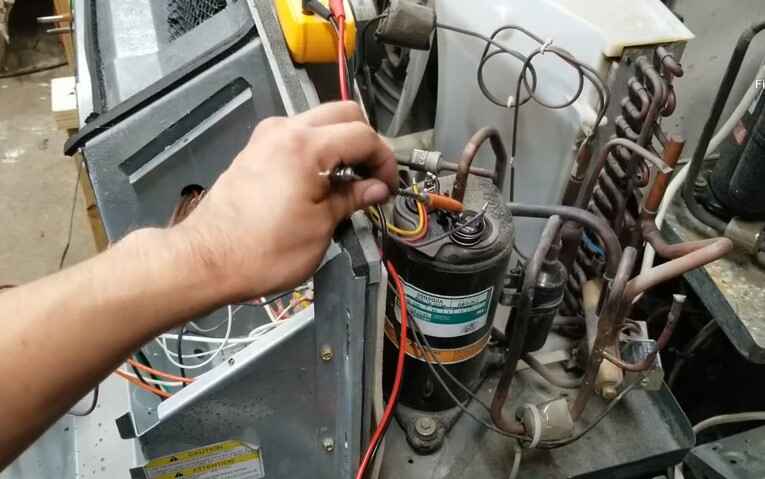
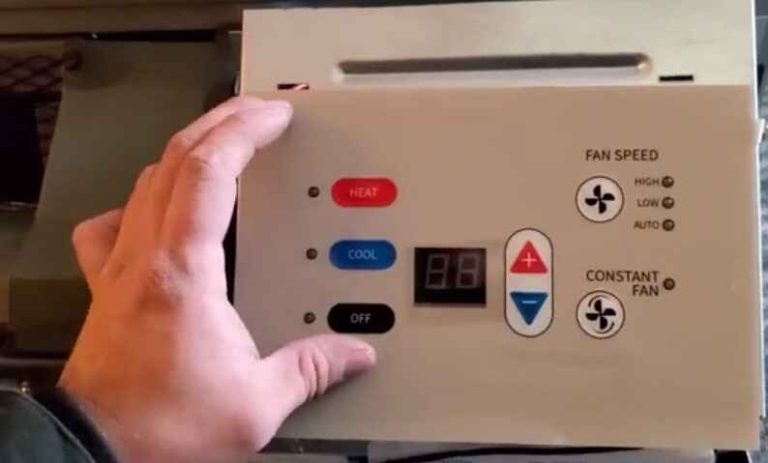
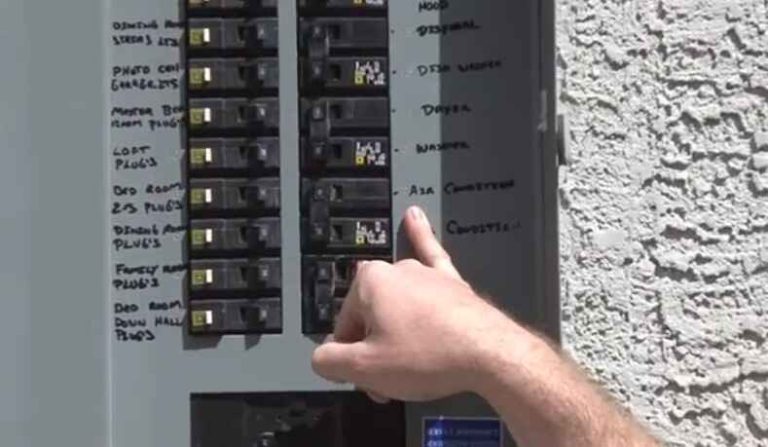
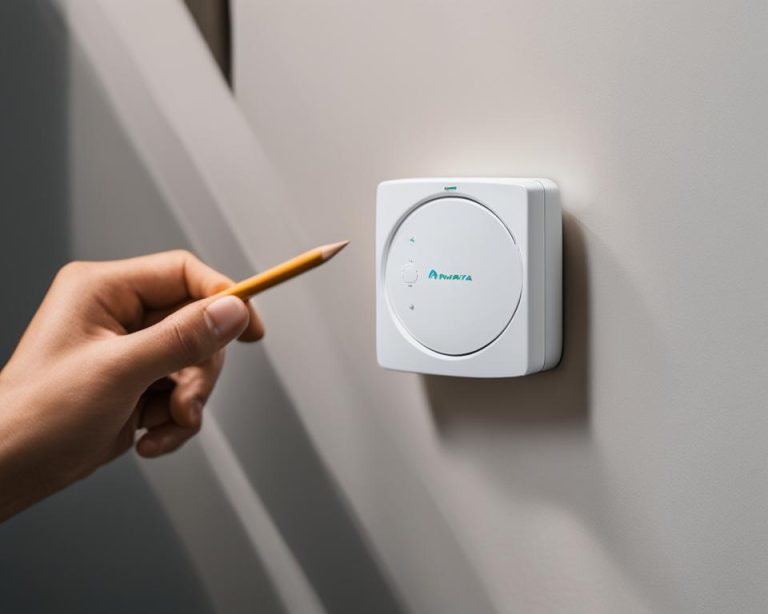
2 Comments